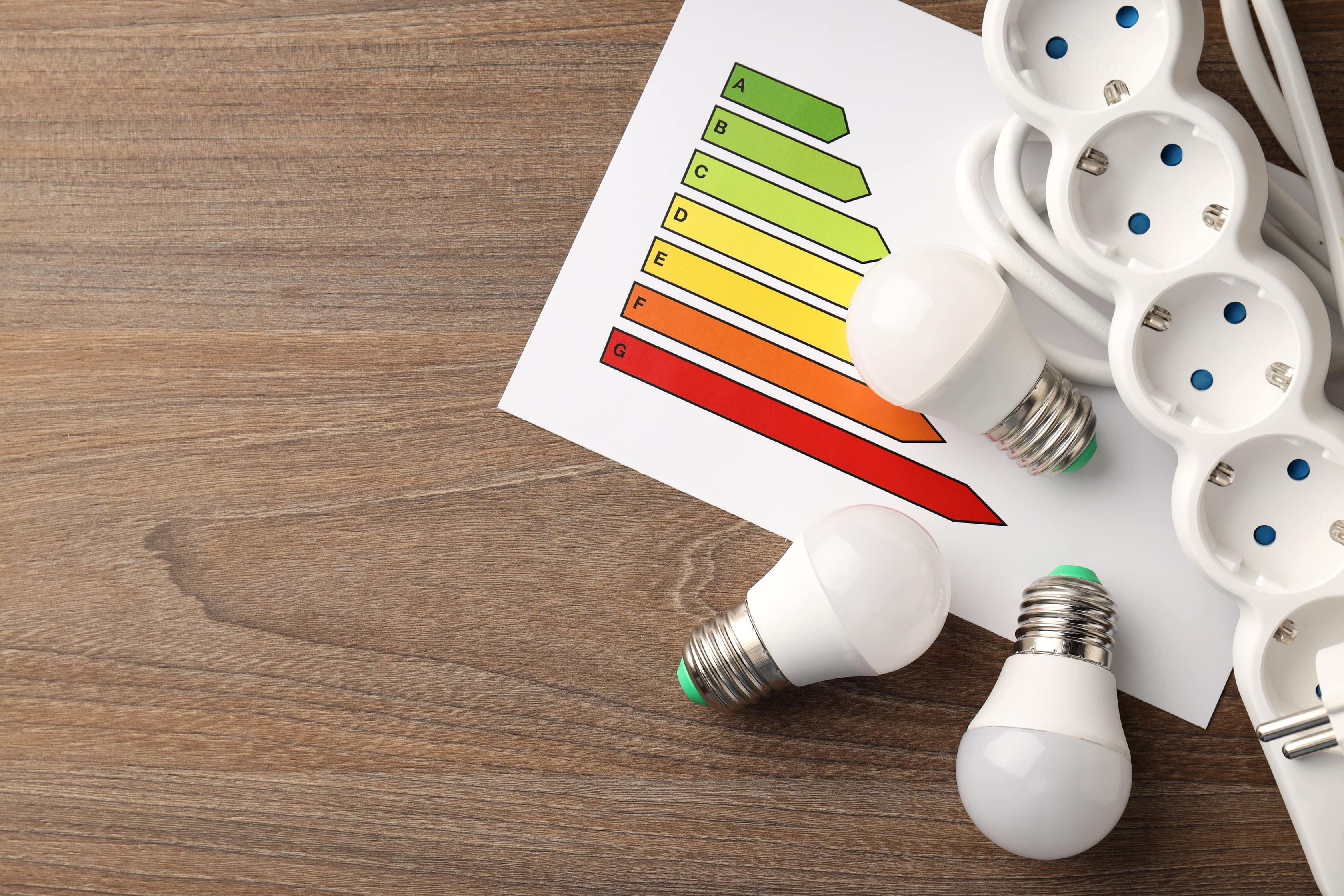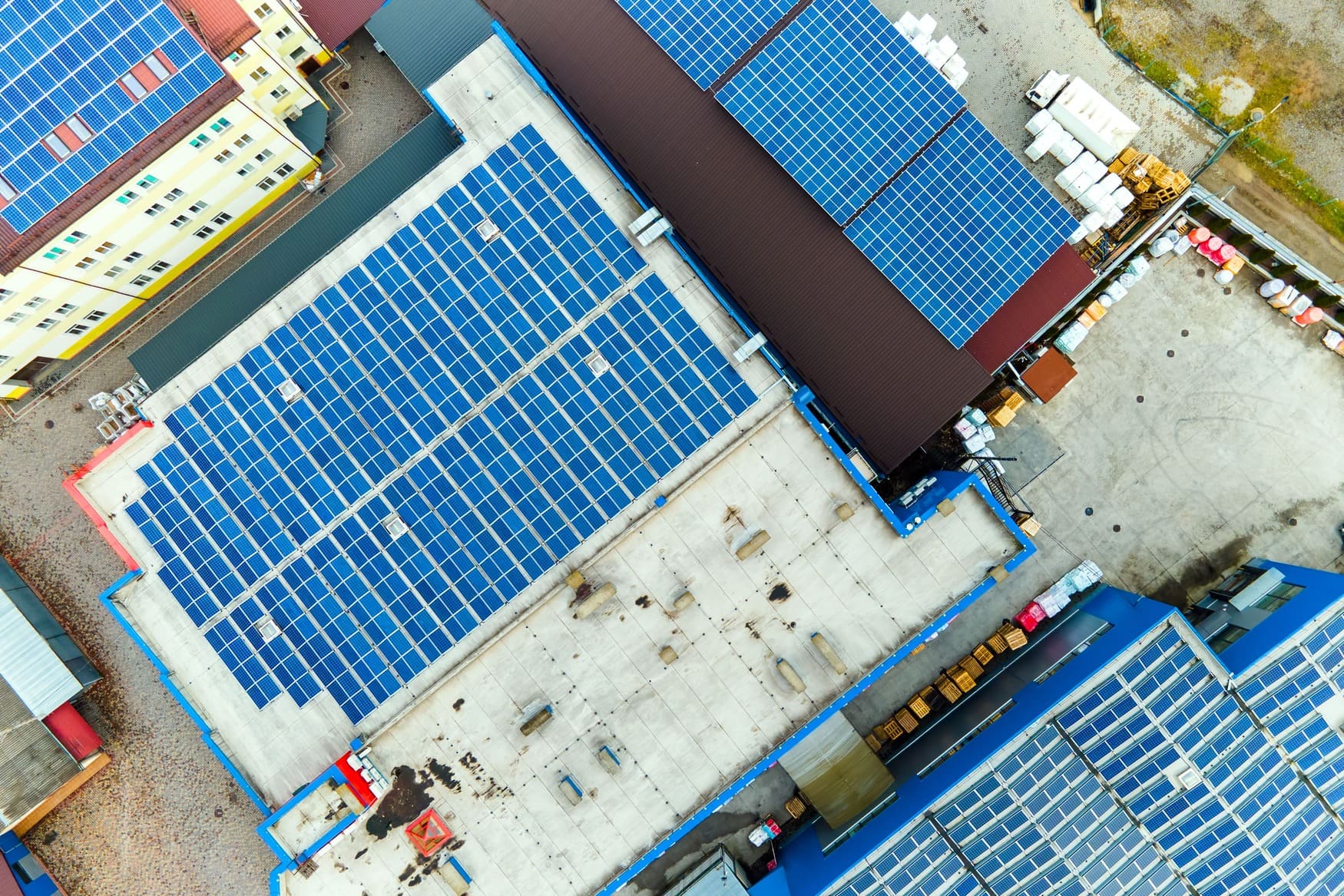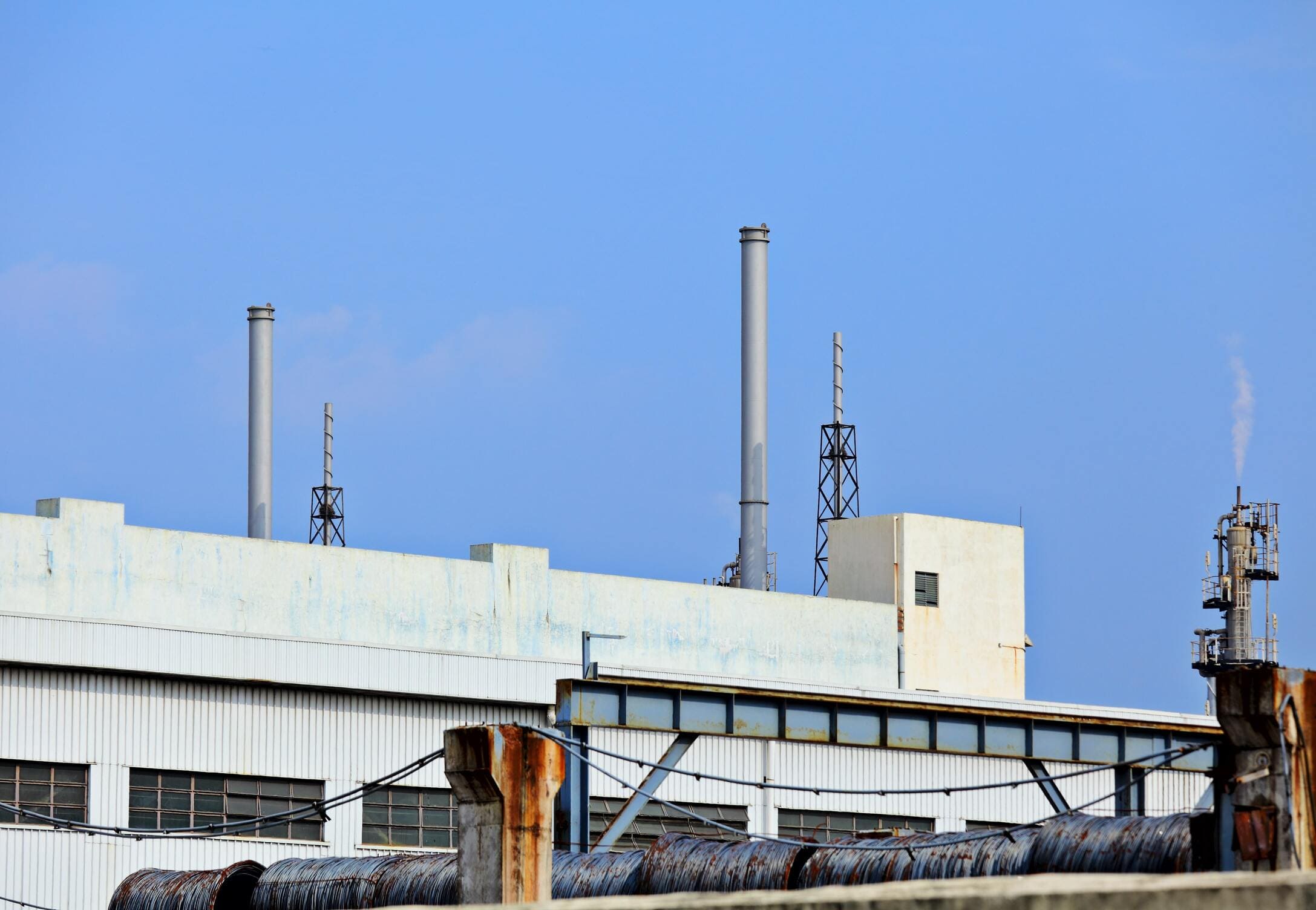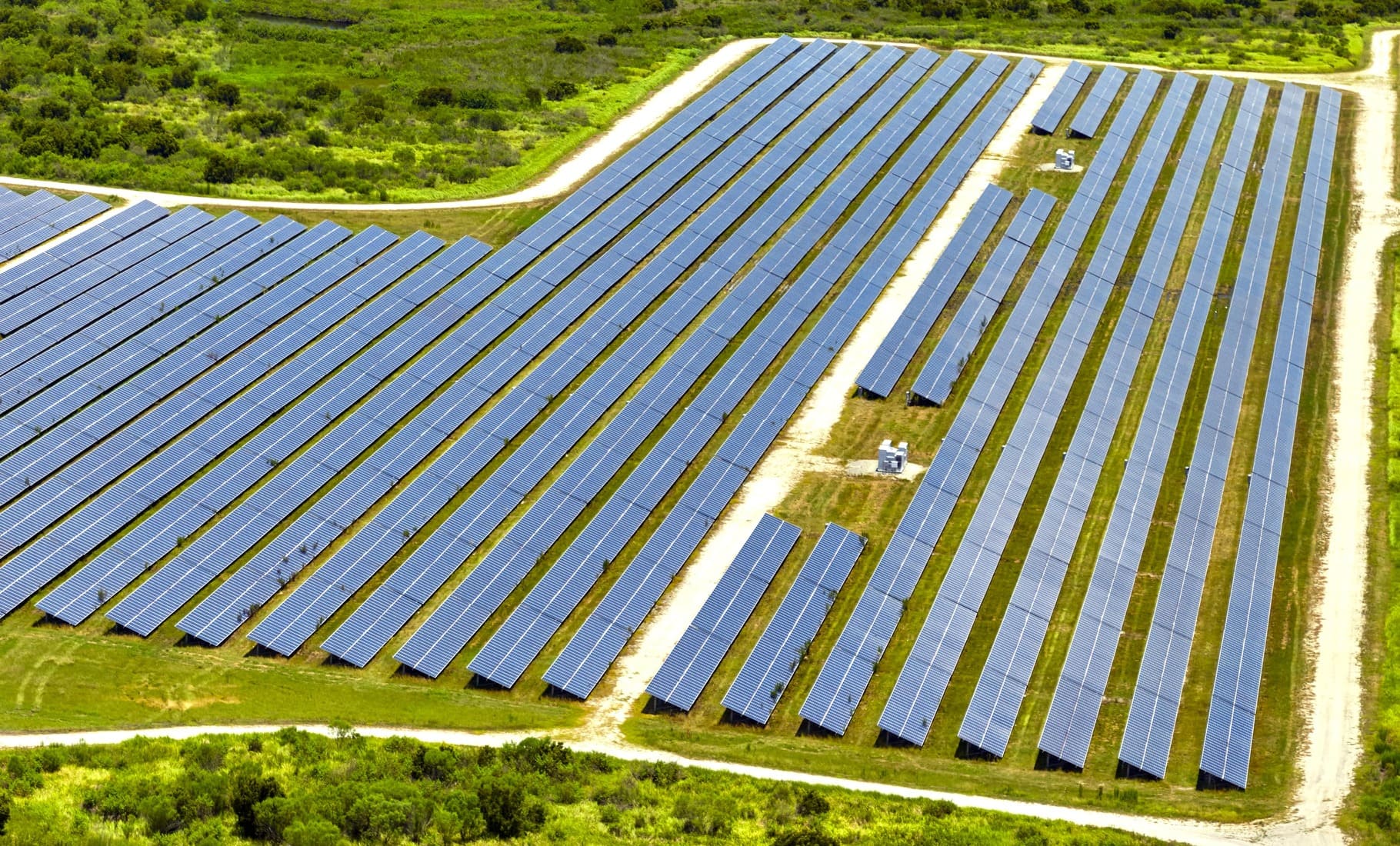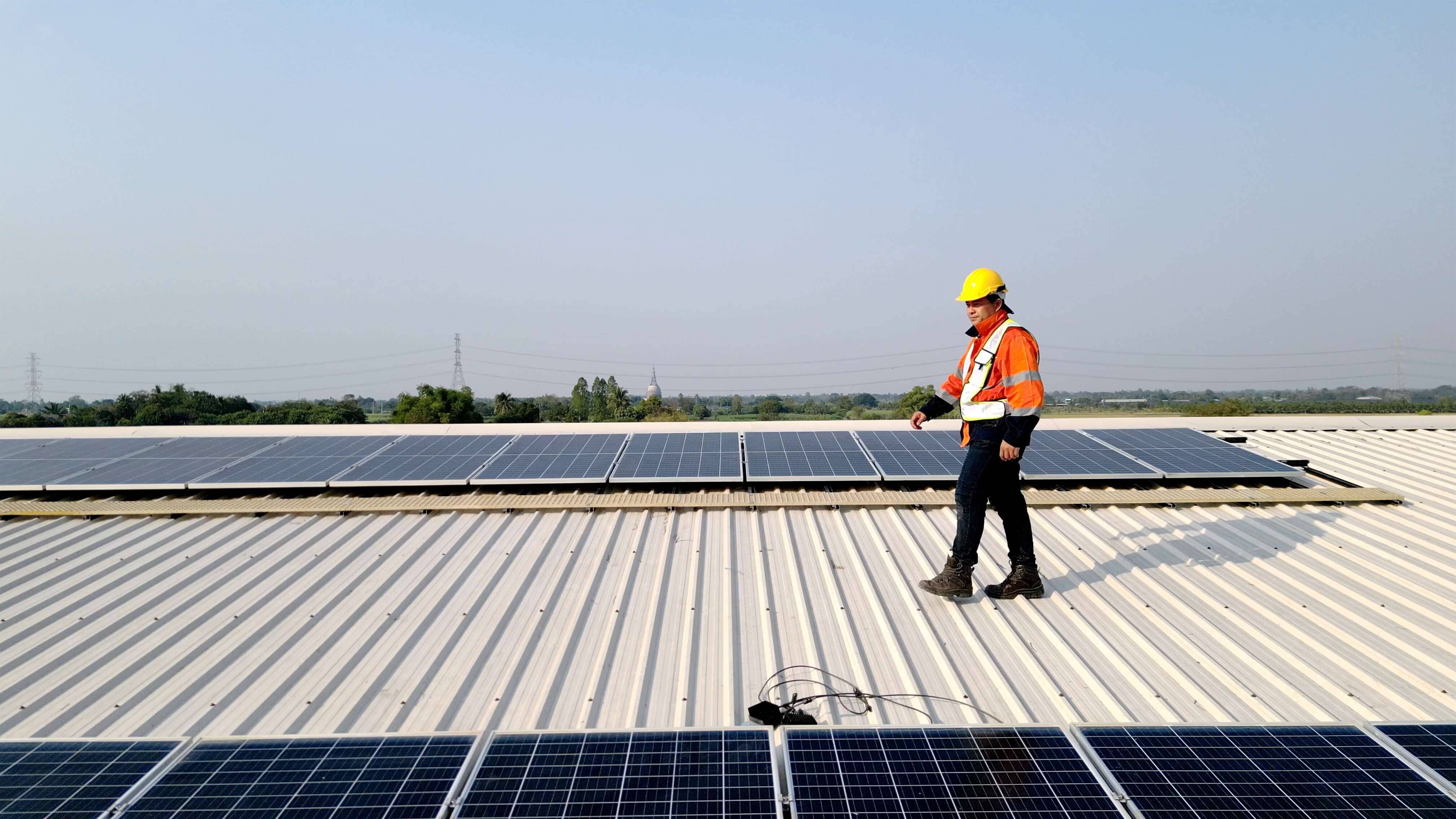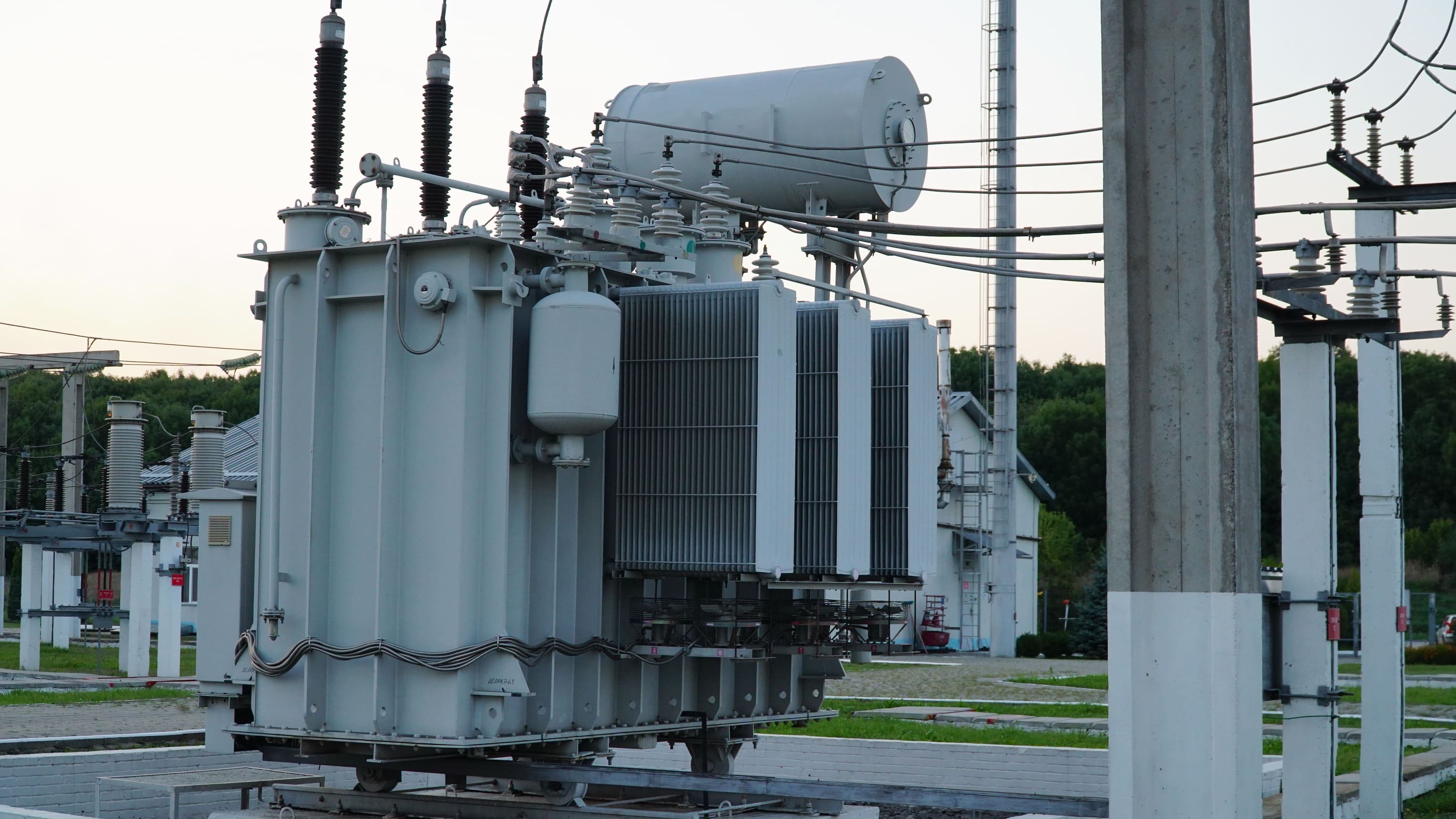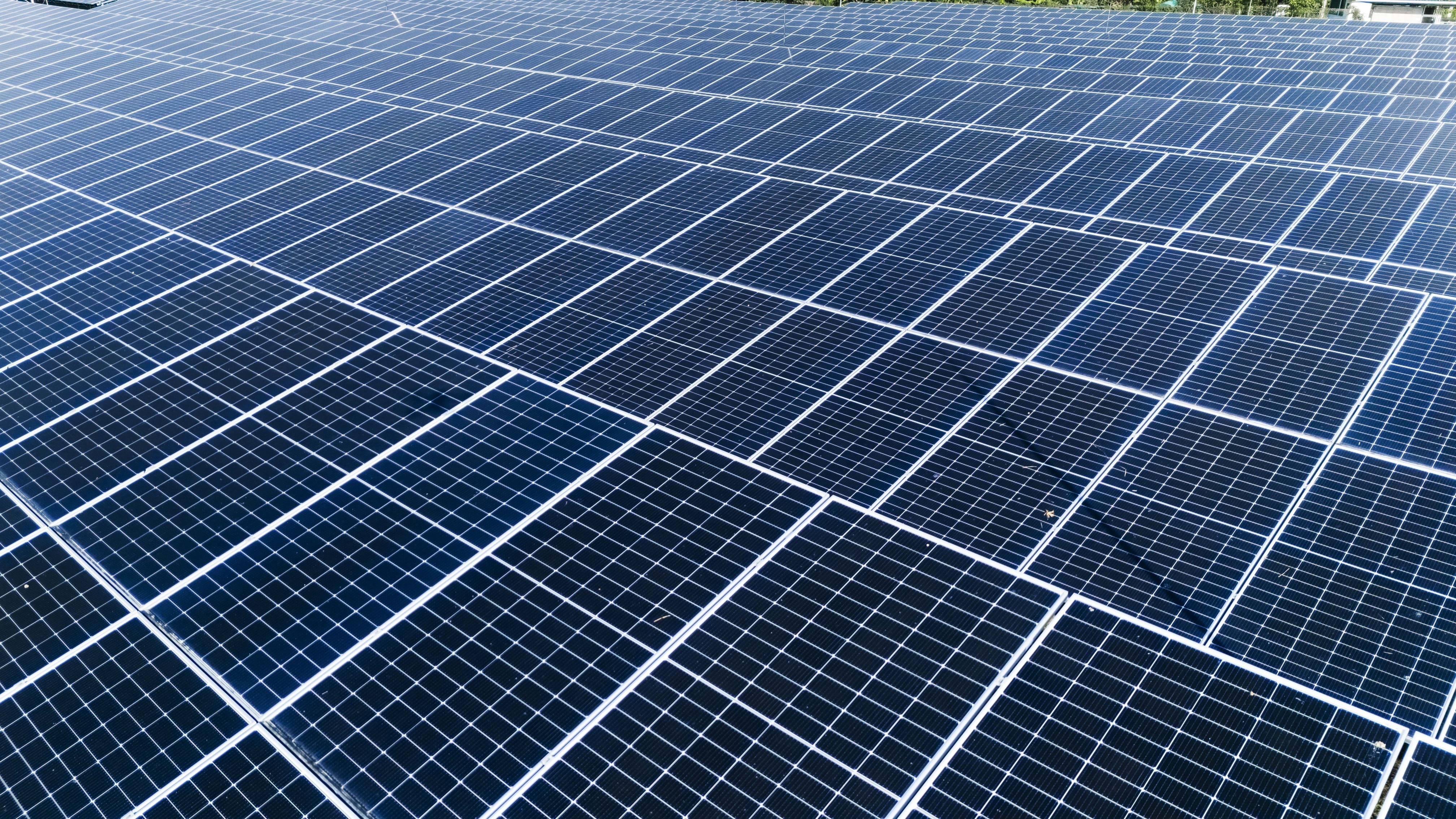Why is power quality essential? Learn how voltage, harmonics, and compensation systems help improve the reliability of modern energy use.
What is the Importance of Energy and Energy Quality in Our Lives?
Energy is a fundamental need not only in physical systems but also in every aspect of human life.
Originating from the Greek word “energeia,” energy represents activity. In physics, it is the ability of a system to perform work—and its conservation is a universal law.
Originating from the Greek word “energeia,” energy represents activity. In physics, it is the ability of a system to perform work—and its conservation is a universal law.
Why Is Energy So Important?
Energy is involved in every aspect of our daily lives—from heating and housing to industry and transportation.
It is a driving force behind economic growth, technological development, and social well-being. That’s why nations compete for access to energy resources.
Energy is involved in every aspect of our daily lives—from heating and housing to industry and transportation.
It is a driving force behind economic growth, technological development, and social well-being. That’s why nations compete for access to energy resources.
What Is Power Quality in Electricity?
In today's digital world, it’s not enough to have electricity; the quality of that energy is just as important.
Balanced parameters such as voltage, frequency, harmonics, and power factor ensure efficient equipment operation and system reliability.
In today's digital world, it’s not enough to have electricity; the quality of that energy is just as important.
Balanced parameters such as voltage, frequency, harmonics, and power factor ensure efficient equipment operation and system reliability.
What Are the Main Power Quality Issues?
Voltage fluctuations, poor power factor, harmonic distortion, and reactive power imbalance are key problems affecting energy quality.
These issues can lead to overheating, equipment damage, operational failures, and decreased productivity in industrial settings.
Voltage fluctuations, poor power factor, harmonic distortion, and reactive power imbalance are key problems affecting energy quality.
These issues can lead to overheating, equipment damage, operational failures, and decreased productivity in industrial settings.
How Do These Problems Arise?
Unbalanced voltage and current levels can occur during generation, transmission, or consumption.
Often caused by poor infrastructure or uncontrolled loads, these issues directly affect end users and critical systems.
Unbalanced voltage and current levels can occur during generation, transmission, or consumption.
Often caused by poor infrastructure or uncontrolled loads, these issues directly affect end users and critical systems.
How Can Power Quality Be Improved?
Harmonic measurements are conducted to assess system quality, followed by implementation of passive or active filters when needed.
Installing compensation systems reduces reactive power draw from the grid, improving overall efficiency and energy quality.
Harmonic measurements are conducted to assess system quality, followed by implementation of passive or active filters when needed.
Installing compensation systems reduces reactive power draw from the grid, improving overall efficiency and energy quality.
Conclusion
Power quality is essential for energy efficiency, operational safety, and economic sustainability.
Investing in power quality improvements is just as important as increasing energy capacity.
Power quality is essential for energy efficiency, operational safety, and economic sustainability.
Investing in power quality improvements is just as important as increasing energy capacity.



